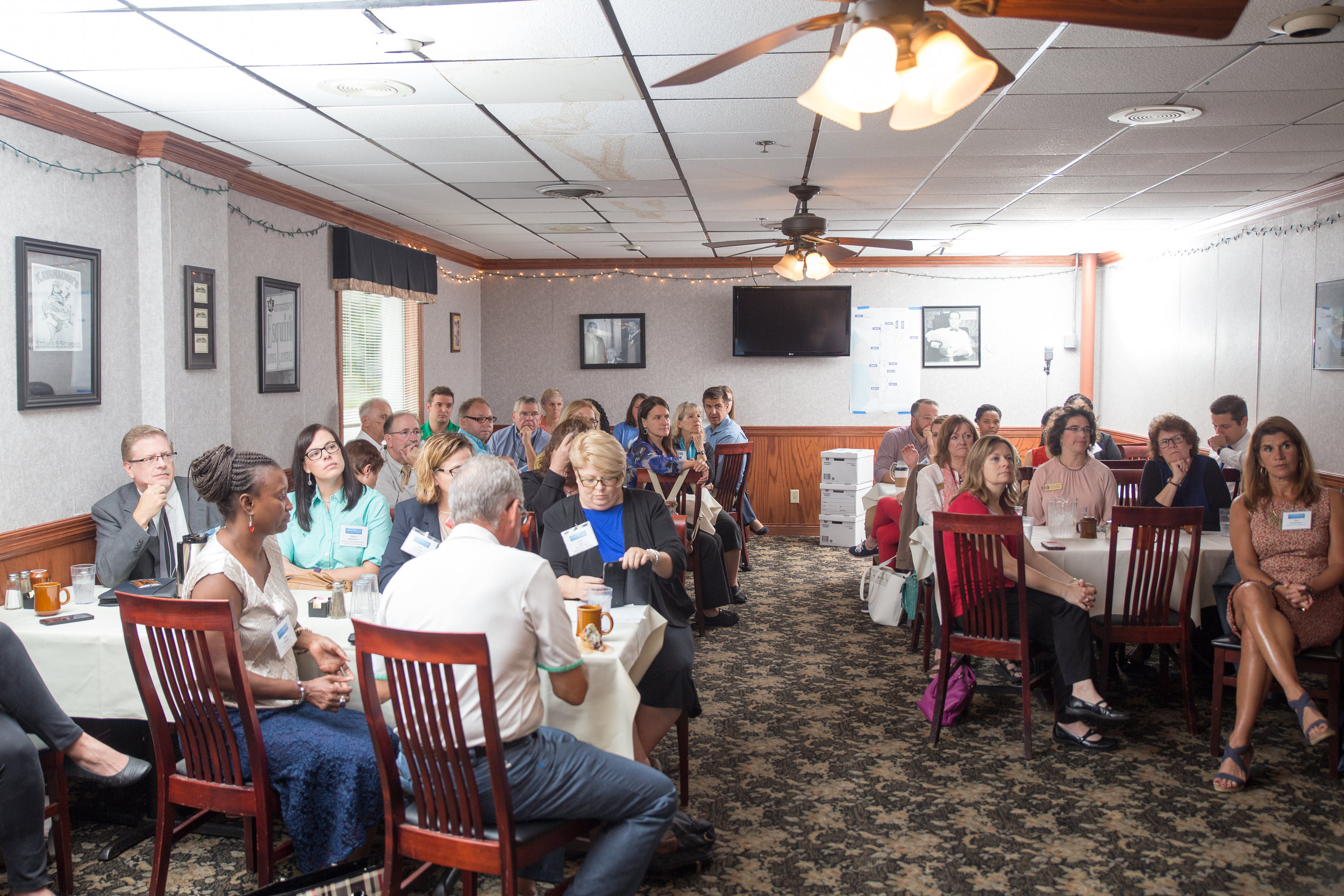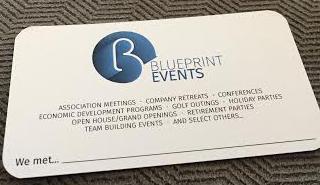Northside - Madison Business Walk
Presented By: City of Madison and Madison Gas and Electric
The City of Madison Office of Business Resources and Madison Gas and Electric partnered with the Northside Planning Council, Northside Economic Development Coalition, Northside Business Association, Northside News and the Madison Region Economic Partnership to present the first Northside Business Walk on September 8, 2016.
A Business Walk is an economic development initiative that, in a short amount of time, allows local leaders to get the pulse of how a business community is doing. The premise behind each walk is to “locate the successes and obstacles the local business community is facing and then track that information and provide assistance.” In total 47 business and civic volunteer's were divided into 12 different groups (two to three people per group) + 3 large employer groups. The 47 volunteers visited 146 businesses in three hours.
Their conversation was focused around five basic questions:
· How’s Business?
· What do you like about business on the Northside?
· What can be done to improve business on the Northside?
· Will your business be affected by the closing of Oscar Mayer?
A few members from the business walk planning committee.
Business and Civic Volunteers - Training for the Business Walk
Business and Civic Volunteers - Training for the Business Walk
Business and Civic Volunteers - Training for the Business Walk
Business and Civic Volunteers - Training for the Business Walk
Mayor Paul Soglin
Business Walk
Business Walk
Business Walk
Thank you Willy Street - Co-op North for being our bag sponsor!
Each group was assigned a specific area, 12 areas + three large employer groups.
When the business walk was completed, 40 companies were followed up with directly. These companies addressed needing additional help or mentioned a major problem to the volunteers. The City of Madison Office of Business Resources coordinated the City’s response to a number of municipal issues brought up by business owners. The Engineering Department, Madison Police, Community Development and Economic Development Departments were connected to the businesses owners and ongoing follow-up is occurring.
The Northside Economic Development Coalition and the Northside Business Association look forward to collaborating with the City of Madison and other economic development partners on Northside projects for the next one to two years and using the report to guide these efforts.
A final report with the business walk findings will be added to the blog very soon. Here are a few pictures from the event.


























